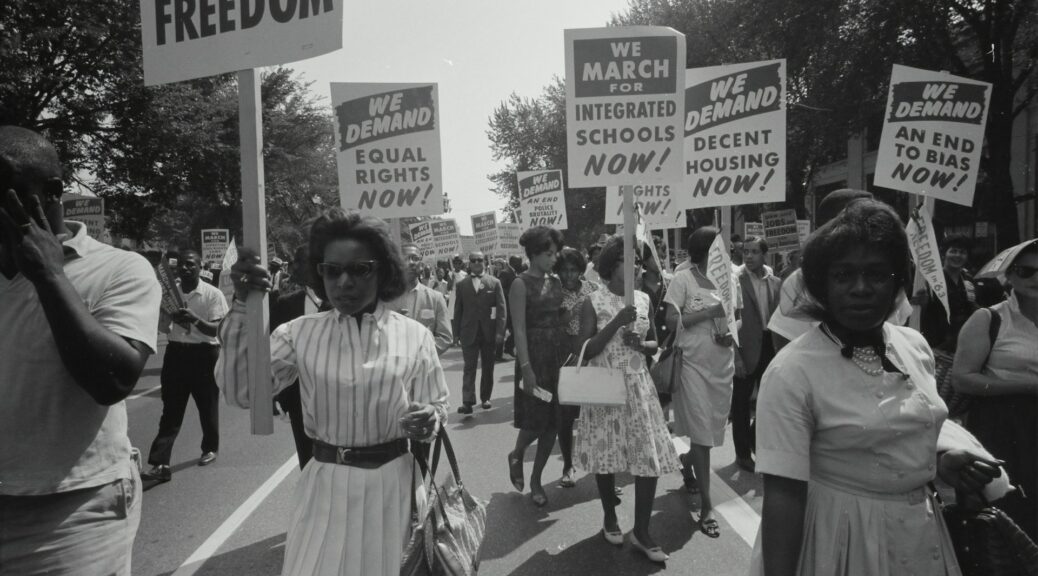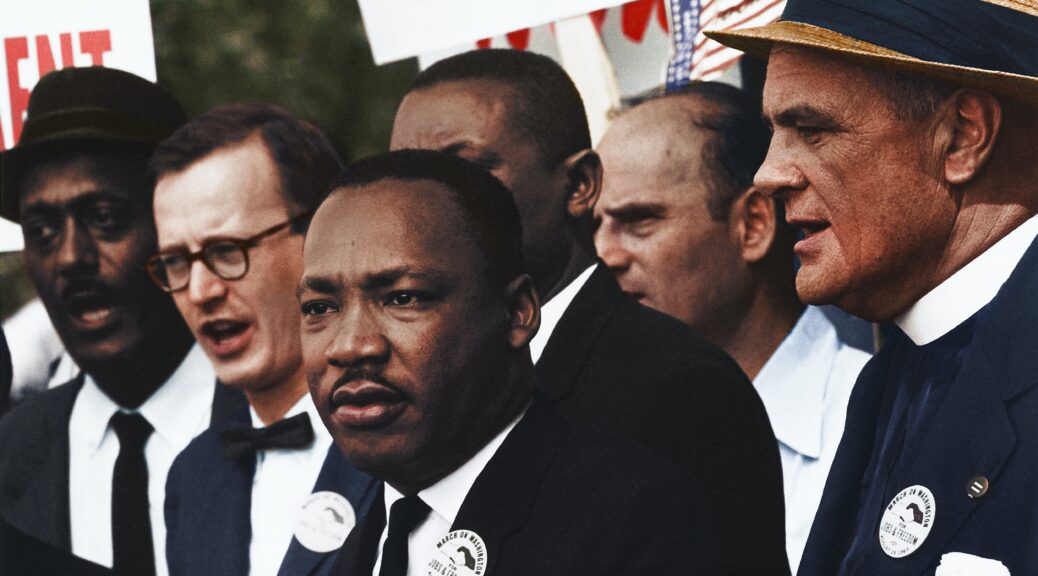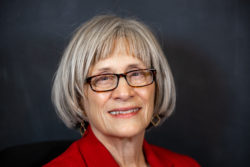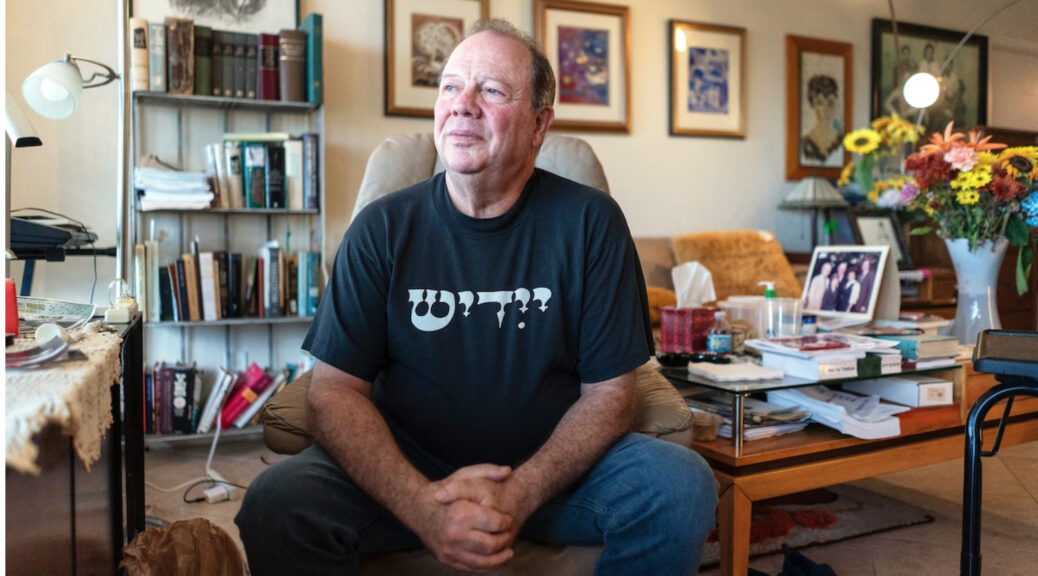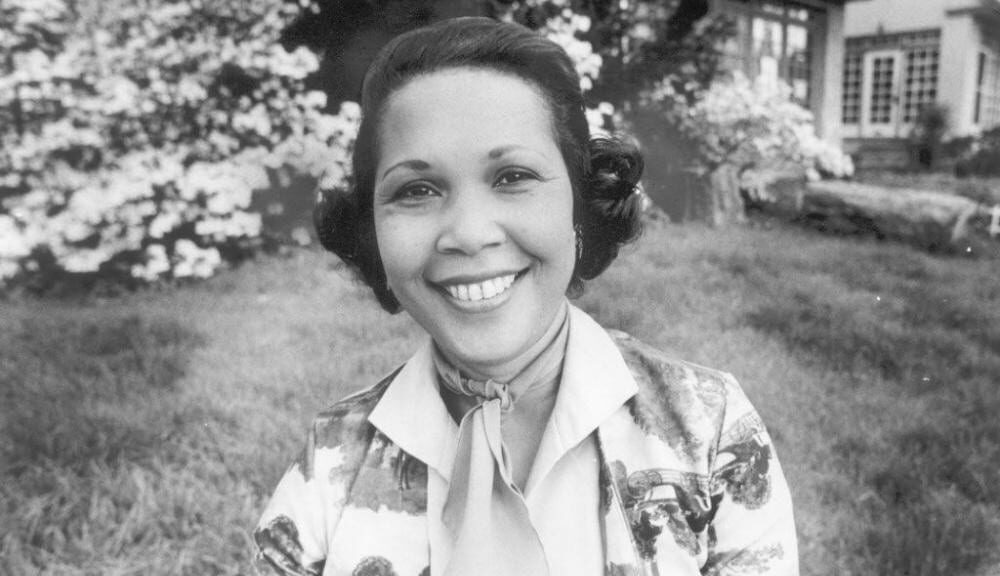Editor’s Note: Written prior to events in Israel, Hoffman now adds:
Please stand with Israel, the land that symbolizes the enduring strength and the promise of a safe home for the Jewish people, persecuted through the centuries and today. The land whose national anthem – ‘Hatikvah’ – literally means ‘HOPE’ – the hope to be free in our own home. Let us learn from history’s darkest moments and strive for a near future where EVERY child, regardless of their nationality, background, race or faith, can grow up without hunger or fear. Where EVERY human being can pursue their greatest dreams and fulfill their highest potential destiny.
Together, we can create a world where justice prevails, love triumphs over hatred, where acceptance vanquishes prejudice and where peace prevails over war. I still believe in the power of unity and love, and I hope you will too. In a world where so much hatred still lingers, let us unite to protect the dream of a peaceful coexistence. Not only for Jews in Israel and around the world, but for all human beings on our fragile planet regardless of race, faith or gender. When all is said and done, all we have is each other.
With Hoffman’s message in mind, we should magnify our efforts to preserve the languages, cultures and traditions that have made our diverse world so memorable, including Yiddish.
Continue reading Yiddish Is My ‘Super Power’ – by Avi Hoffman →

